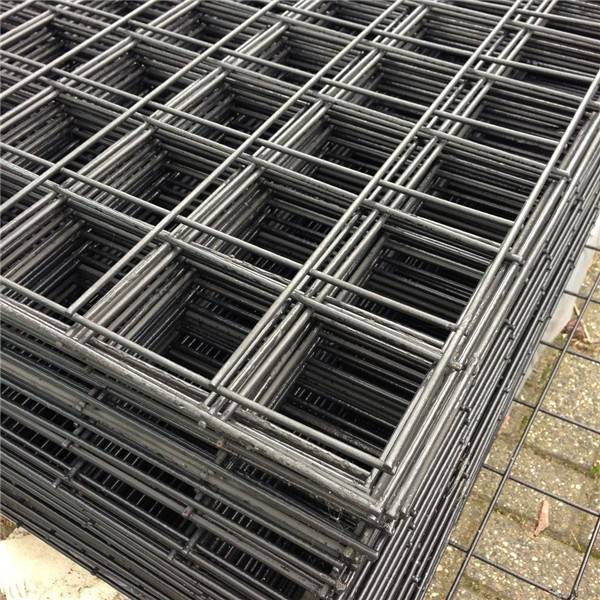
Nov . 20, 2024 20:08 Back to list
field fence
The Importance of Field Fences in Agriculture
Field fences have been an integral part of agricultural practices for centuries. These structures serve multiple purposes, from protecting crops and livestock to managing land use effectively. In this article, we will explore the significance of field fencing, its types, benefits, and some best practices for installation and maintenance.
The Purpose of Field Fences
Field fences primarily act as a boundary marker, delineating property lines and keeping livestock contained. This is crucial in agricultural settings, where animals must be kept away from neighboring fields to prevent damage and ensure safety. Additionally, field fences protect crops from animals, both domestic and wild, which can cause significant losses if allowed to roam freely.
Another key role of field fencing is controlling the movement of wildlife. In rural areas, crops can attract various animals, including deer, rabbits, and birds. A well-constructed fence can deter these creatures, helping farmers safeguard their investments. Furthermore, field fences can also serve as a physical barrier against trespassing, protecting property rights and reducing the risk of liability associated with unwarranted access.
Types of Field Fences
There are several types of field fences available, each designed for specific needs and conditions. Some common types include
1. Barbed Wire Fences This type of fencing consists of multiple strands of wire with barbs at intervals. It’s widely used in livestock farming due to its effectiveness in containing larger animals like cattle and horses.
2. Wire Fences Similar to barbed wire, these fences consist of tightly strung wires but without the barbs. They are ideal for keeping smaller livestock in place and can be more aesthetically pleasing than barbed options.
3. Electric Fences Increasingly popular, electric fences use an electrified wire to deter animals from crossing the boundary. They can be used for temporary or permanent fencing and are especially effective for managing rotational grazing systems.
field fence

4. Wooden Fences Although more expensive, wooden fences can be a durable and visually appealing option. They provide a strong barrier and can also add value to the property.
5. Vinyl Fences These fences offer low maintenance and a long-lasting solution for keeping livestock in and pests out. While they may not be as strong as wood, they are resistant to decay and weathering.
Benefits of Field Fences
The benefits of installing a proper field fence go beyond just containment. For one, effective fencing can enhance crop yields by minimizing damage from foraging animals. This can lead to increased profitability for farmers. Furthermore, field fences can improve land management by facilitating controlled grazing practices, promoting sustainable use of resources, and preventing soil erosion.
Moreover, a good field fence can create a safer environment for both livestock and humans. By preventing animals from roaming onto roads or into neighboring lands, the risk of accidents and injuries is significantly reduced. This contributes to the overall well-being of the farm and the community as a whole.
Installation and Maintenance Tips
To ensure the longevity and effectiveness of field fences, proper installation and regular maintenance are essential. Here are some tips
- Site Assessment Before installation, assess the area to determine the best location for your fence. Consider the type of terrain, potential hazards, and your specific fencing needs. - Quality Materials Invest in high-quality materials that are suitable for your climate and the animals you are enclosing. - Regular Inspections Conduct regular inspections to identify any signs of wear and tear, such as rusted wires or broken posts. Early detection can prevent costly repairs. - Maintain Vegetation Clear vegetation around the fence line to prevent overgrowth that can weaken the structure and provide cover for animals looking to breach the fence.
Conclusion
In conclusion, field fences play a crucial role in modern agriculture. They not only protect crops and livestock but also contribute to better land management and increased safety. Understanding the types of fences available and implementing best practices for installation and maintenance can make a significant difference in the overall success of farming operations. Investing in a proper field fence is not merely a choice but a necessity for farmers looking to protect their investments and livelihood.
-
Why a Chain Link Fence is the Right Choice
NewsJul.09,2025
-
Upgrade Your Fencing with High-Quality Coated Chicken Wire
NewsJul.09,2025
-
The Power of Fence Post Spikes
NewsJul.09,2025
-
The Best Pet Enclosures for Every Need
NewsJul.09,2025
-
Secure Your Property with Premium Barbed Wire Solutions
NewsJul.09,2025
-
Enhance Your Construction Projects with Quality Gabion Boxes
NewsJul.09,2025
Products categories











